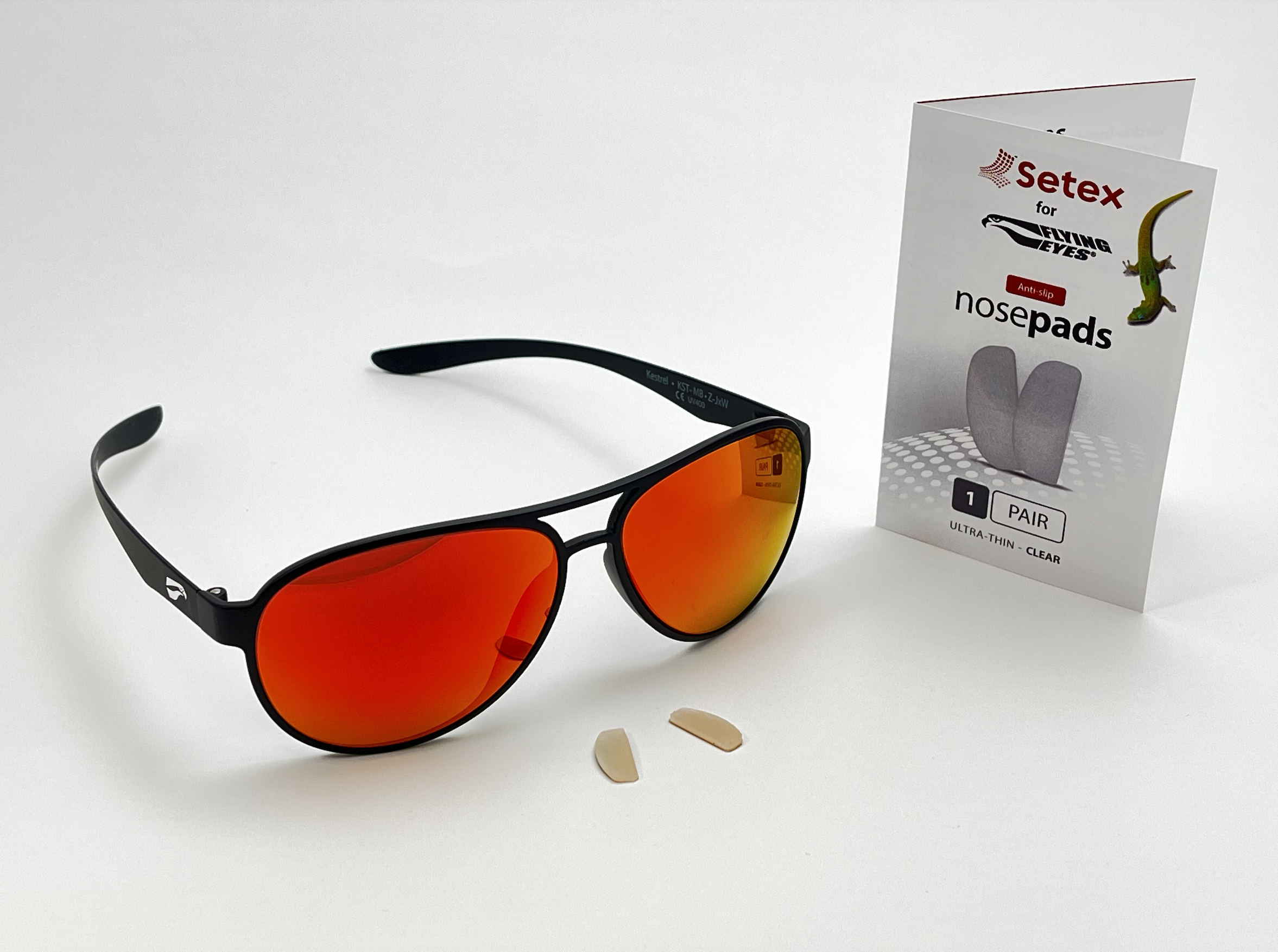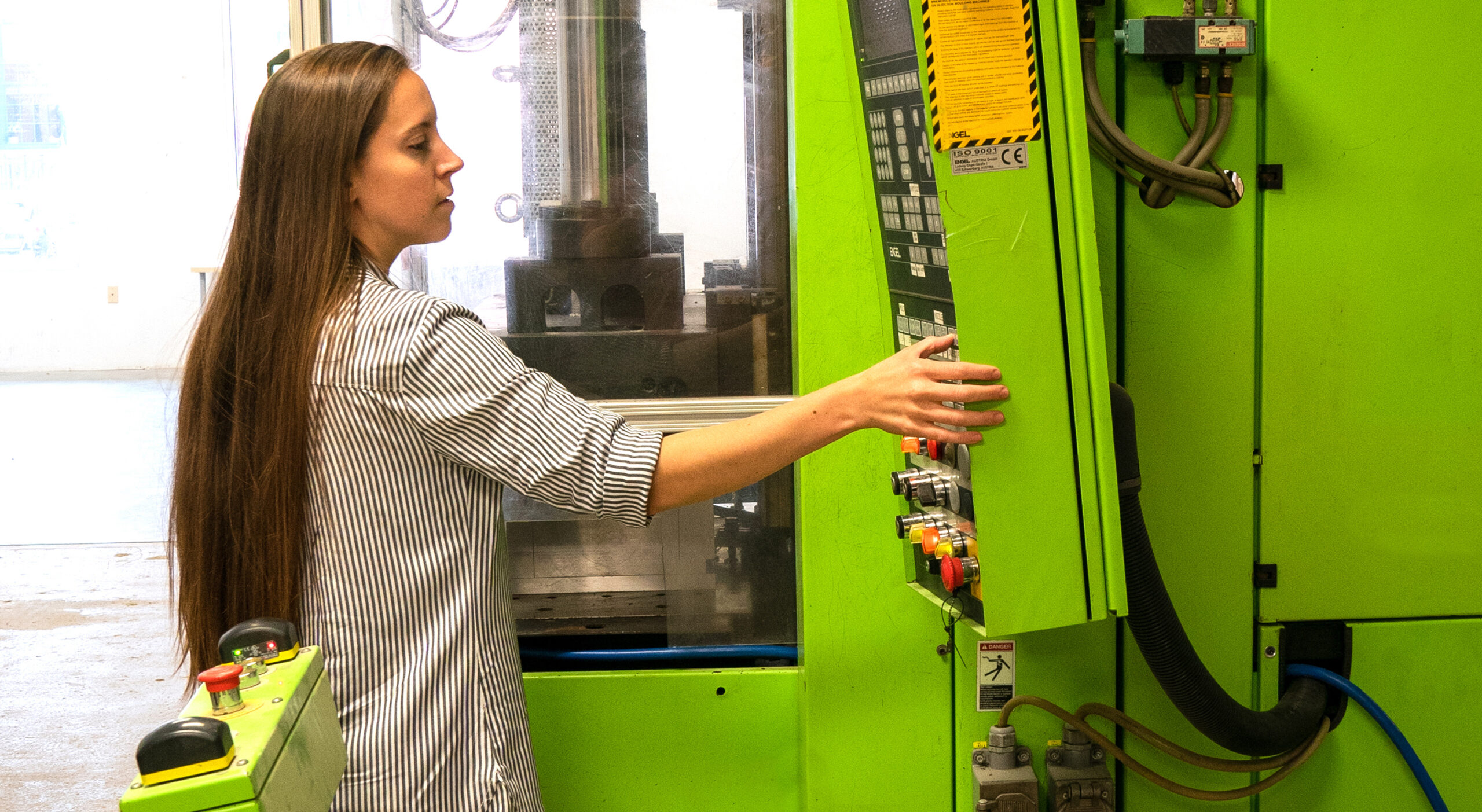Artificial intelligence has made positive impacts in our lives by improving the quality of our experiences through digital assistants, predictive web searches, giving us driving directions, and more. Recent advancements show that artificial intelligence will continue to expand into business models for brands.
Tech giants like Google, Amazon, Facebook, and Apple incorporate AI into various services: Amazon and Apple have created assistive technology that is responsive to human interaction with Alexa and Siri and Google and Facebook use image recognition, the ability of a computer system to identify people, places, actions, and objects. These practices have paved the way to set the standards for how artificial intelligence applications can expand business opportunities and boost customer satisfaction.
In the realm of healthcare, AI is improving diagnostic accuracy and reducing false positives. Doctors and other healthcare professionals trust AI applications to complete more serious tasks like scanning x-ray images for diseases and screening patients’ voices for early signs of Parkinson’s disease. AI has been able to advance things in medicine. In optometry, AI medical imaging is used to detect diabetic retinopathy, age-related macular degeneration, glaucoma, and more. According to the National Library of Medicine, the accuracy of detection for these diseases ranges from 75% to 91.7% because of the sensitivity of AI applications.
The eyewear industry has embraced AI for digital eyeglasses and sunglass fittings. Using facial mapping software, or facial recognition, to record a 180-degree face view and overlay 3D frames. The technology places the model of glasses on the user’s face and even allows users to adjust the positioning of the glasses. Ray-Ban, Zenni Optical, Zeelol, and other brands are using this technology to address and expand the customer service needs and experience for online stores.
Virtual try-on is a tool that many eyeglass brands are using. This feature reduces the chance of customers making returns. Ray-Ban’s Frame Advisor Technology finds the best style of glasses for customers based on their face size and shape. The technology uses face scanning technology that analyzes facial features and suggests glasses that are most suitable. The tool also allows customers to upload a photo of themselves to find the best-fitting glasses. Ray-Ban also offers a virtual try-on to see how the glasses fit.
Zenni Optical has a 3D virtual try-on tool with very simple steps. Take a 5-second, 180-degree video of your face and hold a credit card up to your forehead to ensure the size accuracy of the glasses. The tool also analyzes facial features to make recommendations for glasses that are uniquely designed for particular face shapes. In comparison, Zeelool is unique in its approach to virtual try-ons, using an AR (augmented reality) try-on tool that enables realistic frame visualization.
AI is opening the door to a myriad of opportunities in business to offer both B2B and B2C customers an enhanced, often automated experience which leverages the power of machine learning and the advanced processing capabilities of computers to deliver personalized solutions faster, cheaper and more accurately than human intelligence can.

